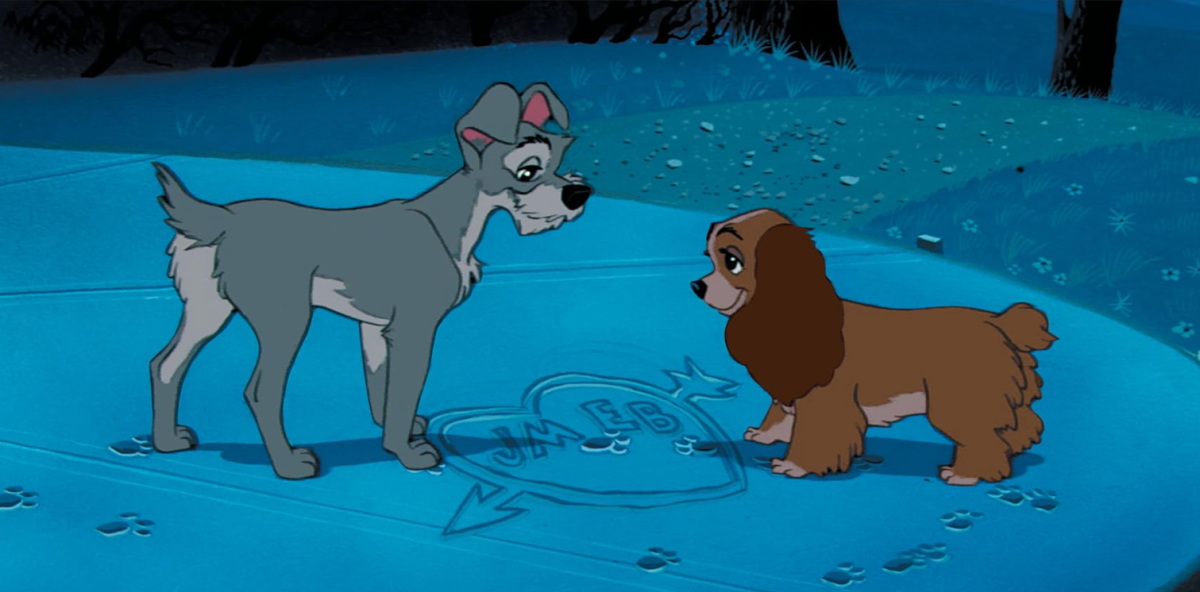Hwang Dong-hyuk created, directed and wrote Netflix’s newest hit series “Squid Game,” which was released on the platform Sept. 17. Since its release, the one-season show has grown in popularity over several social media platforms and has amassed a bevy of memes, which also comes across as the masses misinterpreting the show itself. The show is set in South Korea and follows actor Lee Jung-jae as Seong Gi-Hun, and his life as a poor, lazy gambler who is overcome with misfortunes. Also known as Player 456, Seong Gi-Hun is given a chance to climb out of his dark hole and provide for his family by playing against hundreds of players in twisted Korean children’s games and winning prize money.
Since the show is set in South Korea, there is an immense amount of Korean culture integrated throughout the show, as well as the wealth inequality and exploitation of lower classes. Witnessing Korean culture permeate the setting through the food and environments is incredibly fascinating to watch. Despite the cultural context, there are familiar situations that occur all over the world, such as debt and divorce, making it easy for all audiences to relate to. The actors fulfill their character arcs over the course of the show, and the audience gets a deep look into their personalities and lives.
The children’s games the characters risk their lives for, such as tug-of-war and red-light-green-light, might be recognizable to the wider audience, but regardless are intriguing to watch because of how the games play into the plot. Throughout the story, there are six innocent children’s games that are given a violent twist, and after each game is played the plot introduces a new detail or idea that makes the situations more complicated. “Squid Game” is not all about the violence, as it remains deep in the thought of detail and design.
There are many references to outside art from other cultures in this Korean drama, such as the painting “Relativity” by M.C. Escher and the work of art “The Dinner Party” by Judy Chicago. These references are cleverly placed throughout the show and are barely noticeable to the eye unless one has seen these works of art. The show is also built around making these games “fair” and “equal,” and this is not the only reference to democracy throughout the show. There are subtle and not-so-subtle hints about how governments control society that feels like a slap in the face at times.
In addition to the more obvious political commentary, there is quite a bit of over-emphasis in the physical acting. The show was originally spoken in Korean and was overdubbed with English, which is not extremely noticeable but could bother some viewers. The subtitles are not identical to what is said on screen, considering the cultural references lost in translation, but the dialogue is not what makes this show great. “Squid Game” has fantastic scenes with loads of mise en scène. The settings have careful detail that makes the show more appealing and believable.
“Squid Game” is a great show, and it might not be a typical drama, but it is a good change in pace. Through Netflix’s celebration and support of this show it has become an instant hit among the American population.










